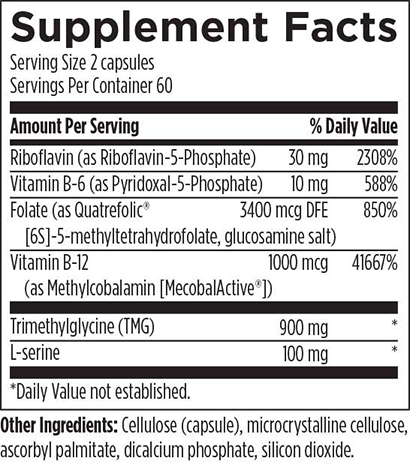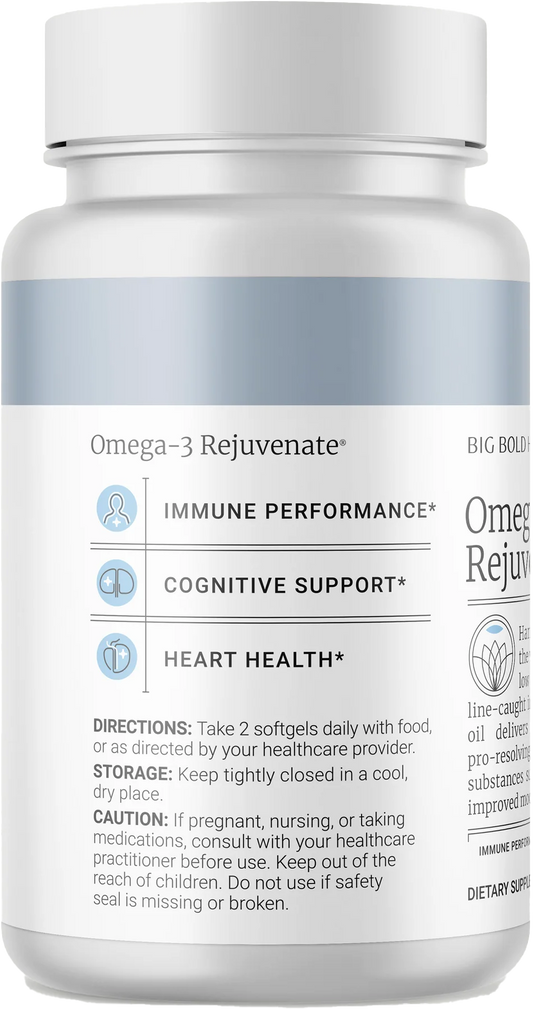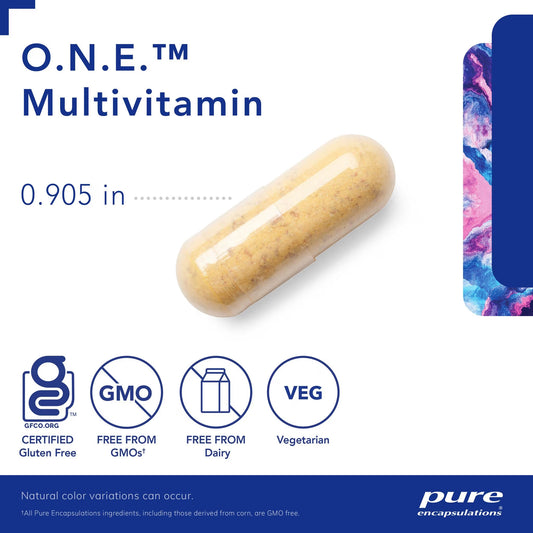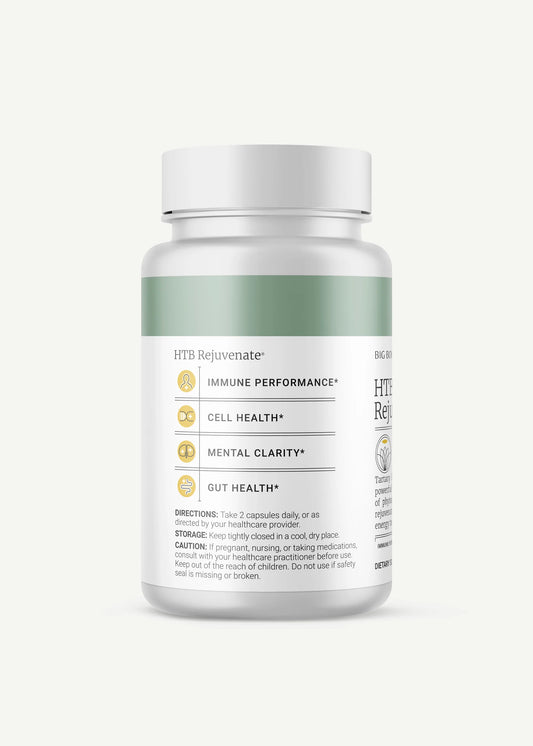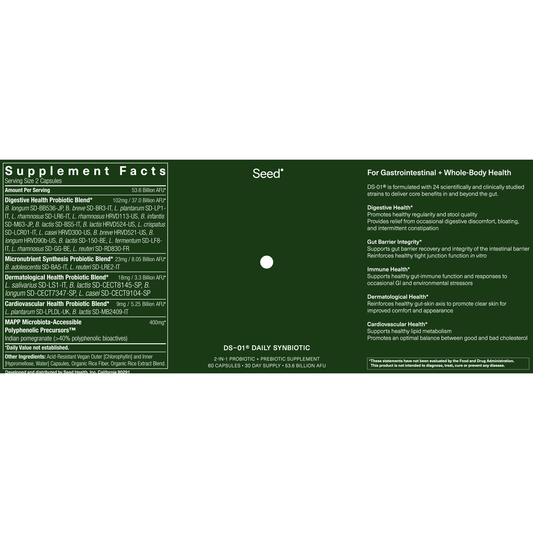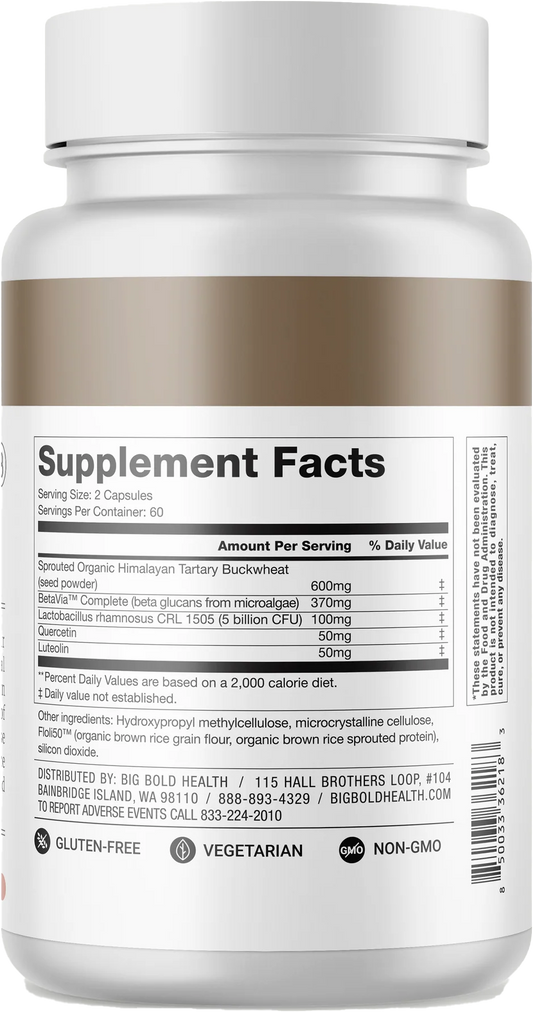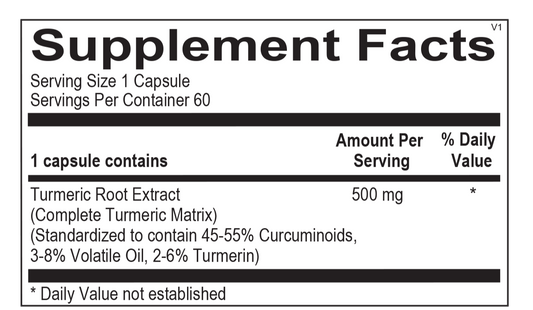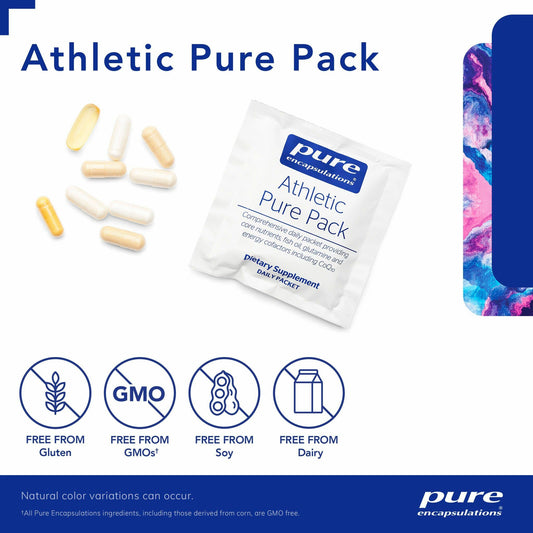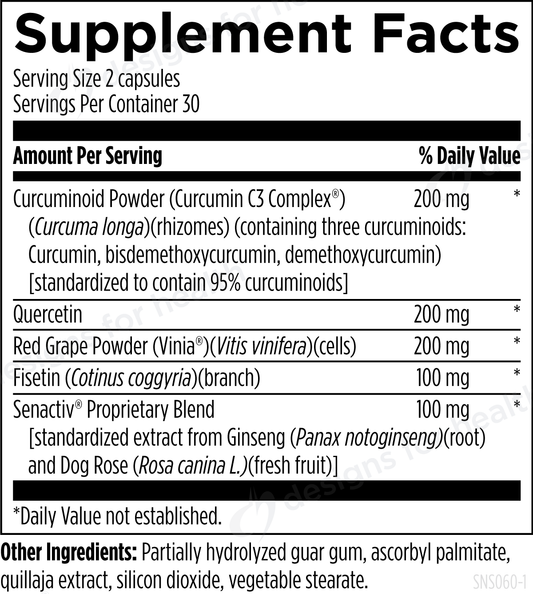What I Eat for Health and Longevity.

Ever hear that you can’t do anything about your genes? That you’re stuck with what your parents gave you and that’s that?
Well, it’s actually not true. While your genes do influence your health and longevity, you don’t have to sit back and accept some predetermined fate. That’s because you have the ability to directly influence your genes—with the foods you eat.
There’s even a scientific term for this: “nutrigenomics.” Nutrigenomics is a fascinating new field that’s dedicated to understanding how food impacts something called gene expression. Think of gene expression as a dimmer switch that can turn the activity of your genes up or down.
By choosing nutrient-rich foods, you can literally turn on genes that promote health and longevity, while turning down genes that contribute to disease [1]. In fact, there’s no other activity you do on a daily basis that has more power to change our biology than what you eat.
That’s why I like to say my fork is the most powerful tool I use every day. And it can be your most powerful tool, too. Read on, and I’ll not only show you which foods have the biggest impact, but I’ll also share exactly what I personally eat in a day to optimize my own gene expression. All so you can rewrite your own health destiny, one bite at a time.
Which Foods Make a Difference?
What’s known as the “exposome”—the totality of environmental exposures that you encounter throughout your lifetime, including your diet, fitness, (toxic) chemicals, and even social and psychological environments— collectively contribute to possible health or disease outcomes. So what you put in your mouth is quite literally, code, signaling to your body to express its wellness genes or its sickness ones.
You literally ingest pounds of foreign material into your body daily. If all calories were the same, it wouldn’t matter what you eat, but this isn’t the case. Food carries information molecules, instructions, and code that programs your biology with every bite—for better or worse.
Processed food drives inflammation, oxidative stress, imbalances in hormone and brain chemistry, damages your microbiome, changes your gene expression to turn on disease causing genes. Real, whole nutrient, and phytonutrient-rich food does the opposite.
Your whole life you’ve been told to eat your vegetables. You might’ve even been told to “eat the rainbow.” It’s excellent advice, of course, but it might not be all that motivating.
So let’s try this: “Eat the rainbow to unlock your longevity genes.” I don’t know about you, but it’s incredibly exciting to think that vegetables and fruit are key for achieving my genetic potential.
One reason: They’re packed with polyphenols, also called phytonutrients. These natural chemicals not only give fruits and vegetables their vibrant colors, they fight inflammation and activate longevity pathways to slow down the aging process [2].
But That’s not the Only Way to Optimize Your Genes
Another vital aspect of nutrigenomics is gut health [3]. In fact, recognizing that your gut serves as the foundation for both health span and longevity is crucial.
For instance, specific nutrients and dietary habits can foster the growth of beneficial gut bacteria. Polyphenols, fiber, omega-3 fatty acids, and resistant starch—a healthy carb found in beans—are all great examples of nutrients that help promote a healthy gut microbiome. In turn, these well-fed bacteria produce compounds like short-chain fatty acids and other metabolites that strengthen the gut lining, improve digestion, and support the immune response [4].
As a result, eating wholesome, natural foods not only nourishes your body but also sends positive signals to your genes. On the other hand, ultra-processed foods—that are loaded with added sugar, fat, and sodium and stripped of gene-enhancing nutrients—can disrupt these signals and contribute to disease.
That’s why my choices at the dinner table are about much more than just satisfying hunger. I like to think of food as a personal message I send to my body every day—it communicates with my DNA to guide it towards health and longevity.
But what, exactly, does this look like? You’re about to find out.
What I Eat on a Typical Day
Wake up and Hydrate
Naturally, we all wake up a little dehydrated. That’s why I start my day by drinking 32 ounces of water infused with electrolytes. These essential minerals play a crucial role in regulating key functions such as nerve and muscle activity, as well as maintaining proper hydration levels.
Coffee in the Morning Only
After a short 10-20 minute meditation, I have 1-2 cups of coffee and journal to gather my thoughts and ground myself for the day. (I avoid coffee in the afternoon so the caffeine doesn’t disrupt my sleep.)
Protein Shake for Breakfast
I exercise for about an hour, and then have a protein shake for breakfast. It keeps me balanced and energetic. (I like to toss in a handful of frozen berries for the extra phytonutrient kick.)
The most important part is getting 30 to 50 grams of high-quality protein to jumpstart muscle protein synthesis right after exercise—this is one of my “non-negotiables.”
But feeding your muscles isn’t the only reason to consume protein. Getting high-quality protein is critical for boosting glutathione, an antioxidant that can help promote detoxification, reduce inflammation, and decrease oxidative stress—all things that make you age faster.
Big “Fatty” Salad for Lunch
An example of a typical lunch for me is a big arugula salad topped with lots of good fats—avocado, toasted pumpkin seeds, pine nuts, a tin of wild-caught fish (salmon, mackerel, or a couple of sardines on the side), olives, and extra virgin olive oil.
Eating lots of (healthy) fat increases the absorption of fat-soluble vitamins—particularly vitamins A, E, and K—found in vegetables. So I’m able to load up on disease-fighting nutrients while enjoying my delicious meal.
(Want more recipes and ideas of simple, delicious, and nutritious foods you can prepare every day? Check out my new The Young Forever Cookbook.)
Dinner Always Has Veggies and High-Quality Protein
An example of a typical dinner would be regeneratively raised steak (beef, bison, venison), pastured chicken, or small cold-water fish (low in mercury) with a Japanese sweet potato (purple ones), roasted shiitakes, greens (crucifers) +/—salad, and always 2-4 veggie dishes (shoutout to phytonutrients yet again).
People often probe me to find out if I eat sugar or dessert, I guess assuming that I’m 100% in Dr. Hyman mode. Of course I indulge in sweets—I just choose to do so in the healthiest way possible—after I’ve consumed a healthy dose of fiber, protein, and fat, causing the sugar to get absorbed more slowly, reducing my body’s glycemic response. What you eat matters—but so does the order of your food.
I stop eating at least 3 hours before bed, partially to allow my glucose levels, and in turn, my insulin levels (which naturally elevate during meals), to lower.
Eating close to bedtime, especially high-sugar or high-fat meals, can interfere with melatonin secretion and delay the onset of sleep. And the thermic effect of food, which is the energy expended by the body to digest, absorb, and assimilate nutrients, generates body heat, interfering with the body’s natural temperature decrease that aids sleep initiation.
My Basic Supplement Plan
Our bodies need additional nutrients to function and heal because we may not always get them from our diet. Supplements that I take on a regular basis tend to vary, depending on my body’s needs and demands of my lifestyle at any given time.
But my regimen always includes the basics that I recommend for everyone, which are:
- Good quality multi-vitamin + multi-mineral supplement—Multi t/d 2/day by Pure Encapsulations
- Vitamin D with vitamin K2 (5,000 IU)—Vitamin D Supreme 1/day by Designs for Health
- Omega 3 (EPA/DHA, 1 to 2 g)—Omega 3 Rejuvenate 2/day by Big Bold Health
- Methylation* support (B6, B12, and folate)—Homocysteine Supreme 2/day by Designs for Health
- Magnesium glycinate (aim for ~400 mg)—Magnesium glycinate 3/day (taken at night) by Pure Encapsulations
- Good-quality probiotics (dairy-free)—Seed 2/day
*Methylation is a critical biochemical process, essential to immune function, energy production, detoxification, gene expression, neurotransmitter production, and many other vital functions within the body.
Take it a Step Further—Test, Don’t Guess
I’m a big fan of testing so that you can personalize your supplement plan according to your body’s own unique needs and biology.
If you want to make sure you’re truly assessing—and not just guessing—check out Function Health. You can get more 110+ biomarkers measured, including vitamin D, magnesium, omega-3, ferritin, zinc, selenium, CRP, and many others.
References
- Pignatti C, D’Adamo S, Stefanelli C, Flamigni F, Cetrullo S. Nutrients and Pathways that Regulate Health Span and Life Span. Geriatrics (Basel). 2020 Nov 19;5(4):95. doi: 10.3390/geriatrics5040095. PMID: 33228041; PMCID: PMC7709628.
- Pereira QC, Dos Santos TW, Fortunato IM, Ribeiro ML. The Molecular Mechanism of Polyphenols in the Regulation of Ageing Hallmarks. Int J Mol Sci. 2023 Mar 14;24(6):5508. doi: 10.3390/ijms24065508. PMID: 36982583; PMCID: PMC10049696.
- Kassem NM, Abdelmegid YA, El-Sayed MK, Sayed RS, Abdel-Aalla MH, Kassem HA. Nutrigenomics and microbiome shaping the future of personalized medicine: a review article. J Genet Eng Biotechnol. 2023 Nov 22;21(1):134. doi: 10.1186/s43141-023-00599-2. PMID: 37993702; PMCID: PMC10665279.
- Wang X, Zhang P, Zhang X. Probiotics Regulate Gut Microbiota: An Effective Method to Improve Immunity. Molecules. 2021 Oct 8;26(19):6076. doi: 10.3390/molecules26196076. PMID: 34641619; PMCID: PMC8512487.
Related Longevity Articles
-

-
 8 min read
8 min readFresh Starts and Fast Results: Your 10-Day Plan for the New Year
Diet & Nutrition Longevity -
 9 min read
9 min readAmerica’s New Dietary Guidelines Get the Big Picture Right—and That’s a Big Deal
Diet & Nutrition Longevity -

-

-

-

-

Mark's Personal Stack
A personalized regimen meticulously crafted by Mark himself to optimize well-being. Delve into Mark's exclusive routine, carefully tailored to nurture gut health and amplify vitality. This unique blend is Mark's secret to digestive wellness, meticulously selected to support his long-term health journey. Detailed usage instructions accompany each purchase, allowing seamless integration into daily routines.
Usage directions provided after checkout. Products may reship ship at various intervals.
-
Vitamin D Supreme
Regular price $38.49 / 60Regular priceUnit price / per -
Homocysteine Supreme
Regular price $34.49 / 60 CapsulesRegular priceUnit price / per -
Omega-3 Rejuvenate
Regular price $81.00 / 120 SoftgelsRegular priceUnit price / per -
O.N.E.™ Multivitamin 60 ct
Regular price $48.50 / 60 CapsulesRegular priceUnit price / per -
HTB Rejuvenate
Regular price $95.00 / 120 CapsulesRegular priceUnit price / per -
Microbiome Rejuvenate
Regular price $110.00 / 120 CapsulesRegular priceUnit price / per -

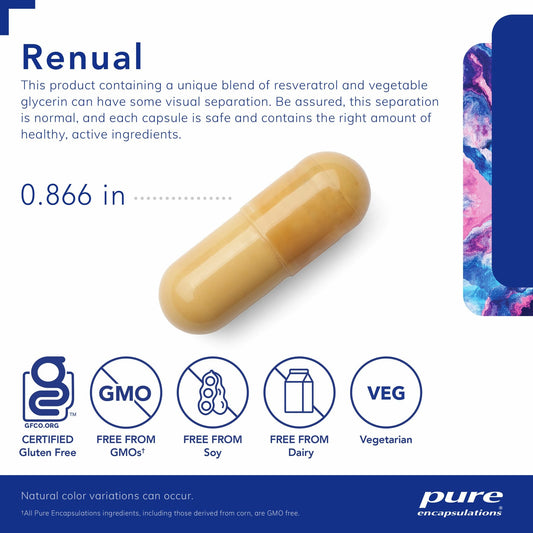 Sold out
Sold outRenual
Regular price $79.00 / 60 CapsulesRegular priceUnit price / per -
Athletic Pure Packs
Regular price $107.00 / 30 PacketsRegular priceUnit price / per -

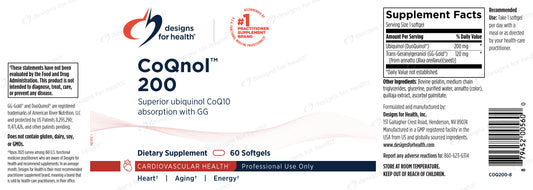 Sold out
Sold outCoQnol 200
Regular price $83.49 / 60 SoftgelsRegular priceUnit price / per -
Senolytic Synergy
Regular price $87.99 / 60 CapsulesRegular priceUnit price / per
Login
- Choosing a selection results in a full page refresh.
- Opens in a new window.











